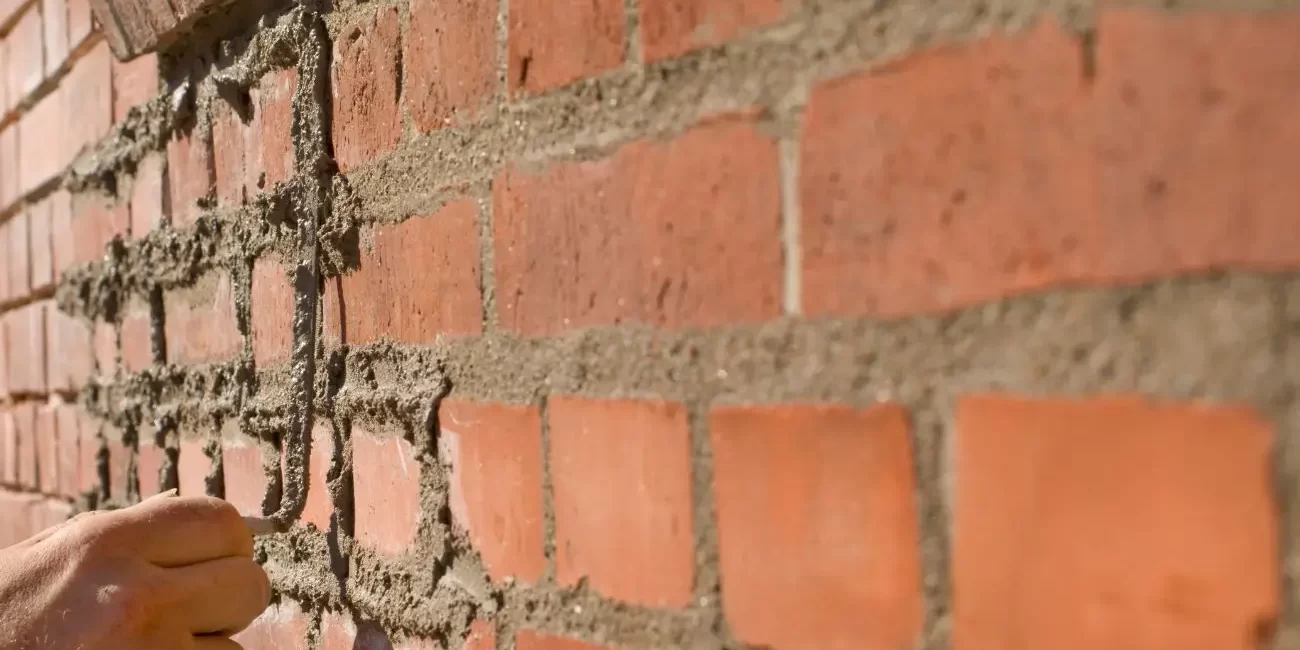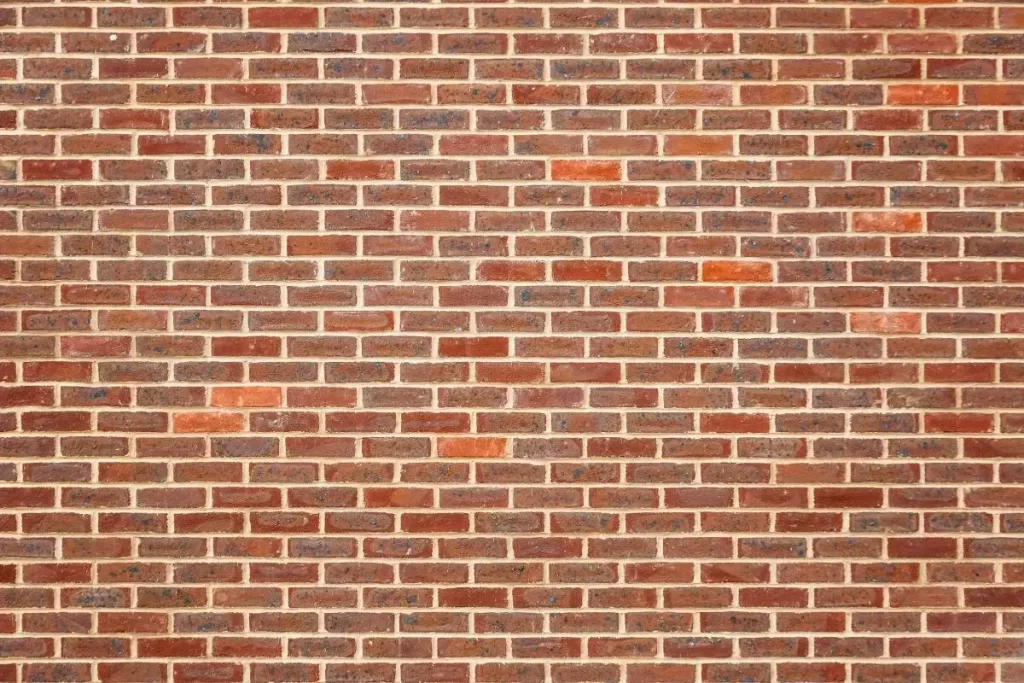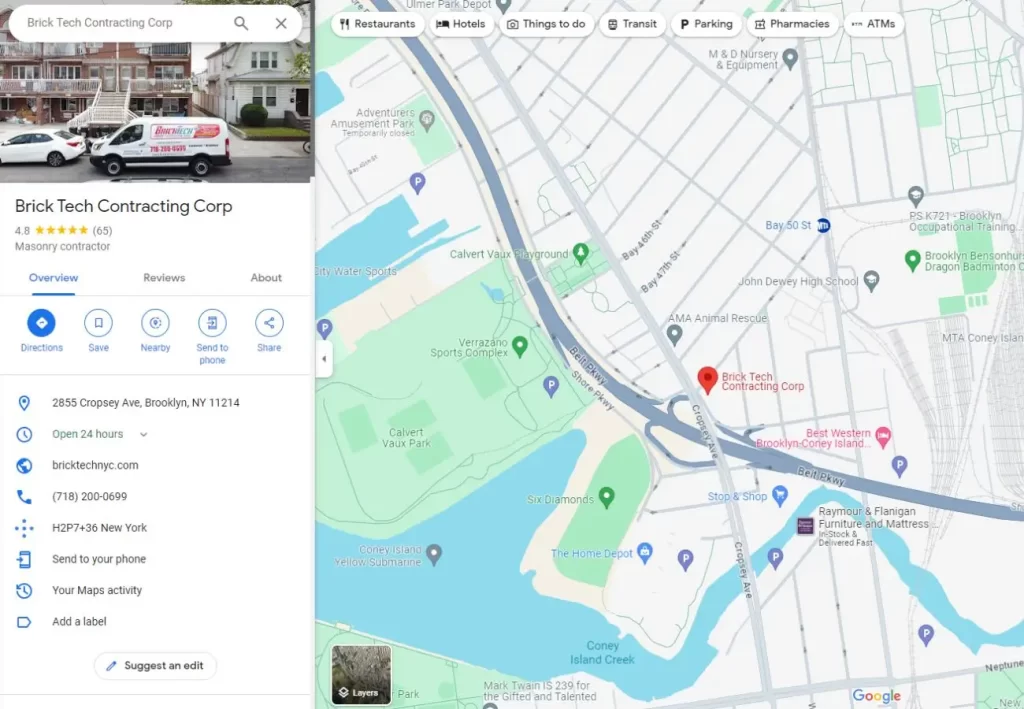Brick requires repointing approximately every 15 to 20 years. Factors like weather conditions and brick quality can influence this time frame.
Brick repointing is essential to maintain the structural integrity and aesthetic appeal of brickwork. Over time, mortar joints deteriorate due to exposure to various elements, necessitating this maintenance process. Repointing not only prevents moisture penetration, which can lead to serious damage but also enhances the overall durability of brick structures.
Properly executed repointing restores the protective barrier against harsh weather, such as freezing temperatures and heavy rainfall that can lead to brick damage. Regular inspections by professionals can help determine the right time for repointing, ensuring that your brickwork remains in excellent condition. It’s a key aspect of building preservation and maintenance, crucial for the longevity of brick masonry.
The Lifespan Of Brick Masonry
The lifespan of brick masonry largely hinges on various factors that impact its durability. Exposure to harsh weather can lead to a more frequent need for repointing. The quality of the mortar mix plays a crucial role. Proper installation and maintenance can significantly extend a brick structure’s life.
Typical lifespan estimates for brickwork range broadly. Yet, many brick structures can last over a century with minimal intervention. Repointing might be necessary every 15 to 20 years, depending on conditions. Regular inspections aid in identifying potential issues early. This safeguards the long-term integrity of brickwork.
Signs Your Brickwork Needs Repointing
Eroding mortar joints are a key indicator that brickwork needs attention. Mortar erosion happens over time due to weather and age. Look for recessed mortar that sinks deeper than the brick edge. This can lead to water entry and potential damage.
Observe your brickwork for visible cracks. Cracks can mean your wall faces stress or movement. Undue stress or movement might stem from changes in temperature or moisture. Such damage undermines the structural integrity of the wall.
Maintaining the mortar is essential. Proper maintenance prevents costly repairs. Inspect your brickwork regularly. Early detection helps avoid major restorations. This is important for preserving the longevity of your property.
The Repointing Process
Assessing the work area is a crucial step in the repointing process. Experts carefully inspect the brickwork to determine its condition. The key is to look for cracks, voids, and loose bricks. Such signs hint at the need for repairs.
This initial check sets the stage for a successful repointing.
- Inspect bricks for visible damage
- Match mortar to existing color and texture
- Remove old mortar with care
- Apply new mortar precisely
- Check for consistency in the application
- Clean area after job completion
Choosing The Right Mortar
Matching the composition of the existing mortar is crucial for repointing. Not all mortars are the same. They can have different mixes of lime, cement, and sand.
The strength and durability depend on this mix. Matching it ensures the new mortar binds well. This helps keep the wall stable and strong.
Color and texture matter too. They affect how the repaired areas will look. A perfect match means repairs blend in, not stand out. Test a small area first. This might save you from a clear mismatch.
Climate Impact On Repointing Schedules
Regular maintenance is key to a brick structure’s longevity. Climate factors such as rain, snow, and temperature changes directly affect repointing schedules. Mortar can erode more quickly in areas with severe weather fluctuations.
To ensure optimal results, scheduling repointing during dry and mild weather is best. Commonly, spring and autumn offer the most suitable conditions. Planning during these seasons allows the mortar to cure properly, avoiding the extreme heat of summer or the freezing temperatures of winter.
- Review the brickwork yearly.
- Assess mortar damage after harsh weather.
- Choose milder seasons for repair work.
The Role Of Professional Masons
Masonry should last for generations, yet repointing is vital for longevity. Expert masons play a critical role in maintaining brickwork integrity. Complex structures demand knowledgeable professionals. Proper tools and techniques are necessary to ensure durable and safe construction.
Finding seasoned masons requires diligence. Verify credentials and assess past work quality. Look for contractors with a solid track record. Ask for references and read online reviews. Choose someone with a deep understanding of materials and climate impact on brickwork.
Cost Implications Of Repointing
The cost of repointing brickwork can vary based on several factors. Firstly, the size of the property and the extent of the damage profoundly influence the price. The price goes up for larger homes or if many areas need work. Those living in areas with harsh weather may see higher costs due to increased wear and tear. Materials and labor are other crucial price determinants. High-quality mortar and experienced masons may command premium prices.
Choosing to repoint bricks is a wise decision for homeowners. It is a maintenance task that protects from structural issues and preserves the building’s value. Properly maintained brickwork can last for decades, minimizing the need for repeated repairs. This long-term outlook offers significant savings over time. It is an important aspect of home upkeep for any property owner.
Preserving Brickwork Between Repointing
To preserve brickwork, consistent maintenance is crucial. Inspect bricks regularly for signs of wear, such as cracks or loose mortar. Keeping moisture away is essential to prevent brick damage. Ensure gutters and downspouts are clear, directing water away from brick surfaces.
Regular cleaning of bricks can reduce harmful build-ups. Use a soft brush and water to gently clean the brickwork. Avoid harsh chemicals that could erode the mortar. Applying a breathable sealant can provide extra protection against weather-related wear and tear.
Address minor issues promptly to avoid major repairs.
Conclusion
To sum up, brick repointing is critical for maintaining structural integrity. Ideal frequency hinges on climate exposure and property age. Regular inspections prevent costly repairs. Consider expert evaluations every five to ten years. Keep your brickwork standing strong and aesthetically pleasing with proper upkeep and timely repointing.
If you’re looking for experienced and reliable professionals for your brick repointing needs in New York City or Nassau Country, consider contacting Brick Tech Contracting Corp. We offer top-quality services and a commitment to customer satisfaction. Contact us today for a free estimate.










